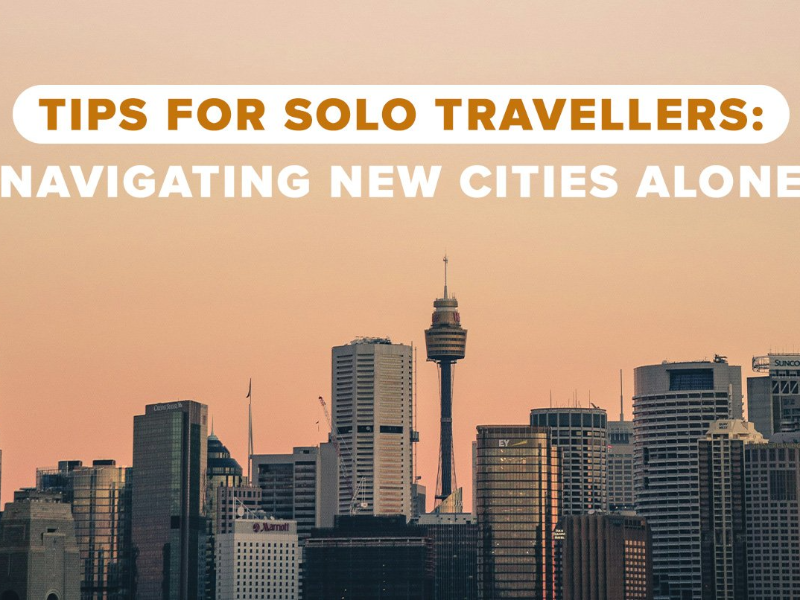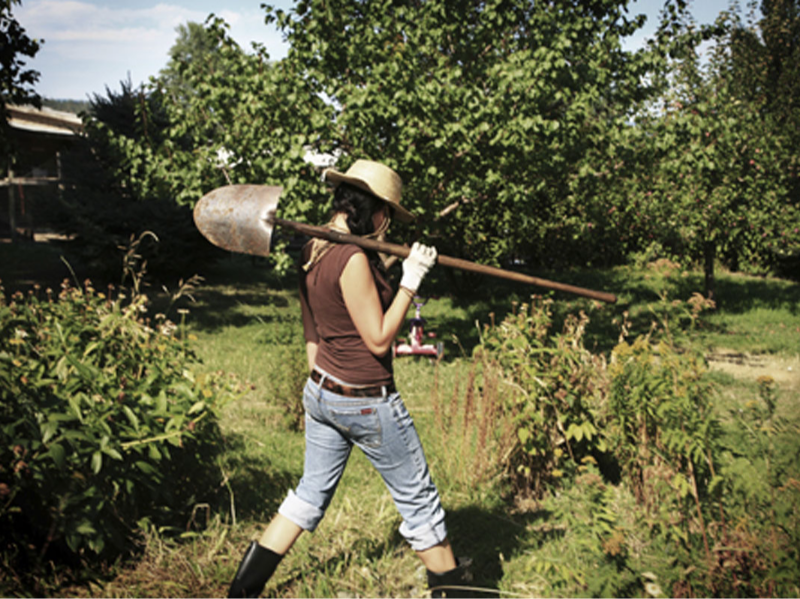
Introduction
Are you a solo traveler looking for a new way to explore the world and immerse yourself in local culture? WWOOFing might be just what you’ve been searching for. Combining travel, cultural exchange, and hands-on experiences on organic farms, WWOOFing offers a unique and budget-friendly way to explore new destinations. Whether you’re looking to learn new skills, connect with like-minded locals, or simply enjoy the peace of rural life, WWOOFing has something for everyone—especially solo adventurers.
This article will guide you through everything you need to know about WWOOFing, from what it is and what you can expect, to how to plan your trip and the
best places to WWOOF for solo travelers
.
What is WWOOFing?
WWOOFing, short for “World Wide Opportunities on Organic Farms,” is a global movement that connects travelers (WWOOFers) with organic farmers. The idea is simple but impactful. Travelers volunteer their time helping on farms in exchange for food, accommodation, and, most importantly, cultural experiences.
What makes WWOOFing special is its focus on sustainability and its emphasis on creating authentic connections. Unlike traditional travel, WWOOFing allows you to live and work with local hosts, providing a firsthand glimpse into rural life. It was established in the 1970s and now stretches across the globe, with country-specific organizations managing regional networks.
What to Do in WWOOFing?
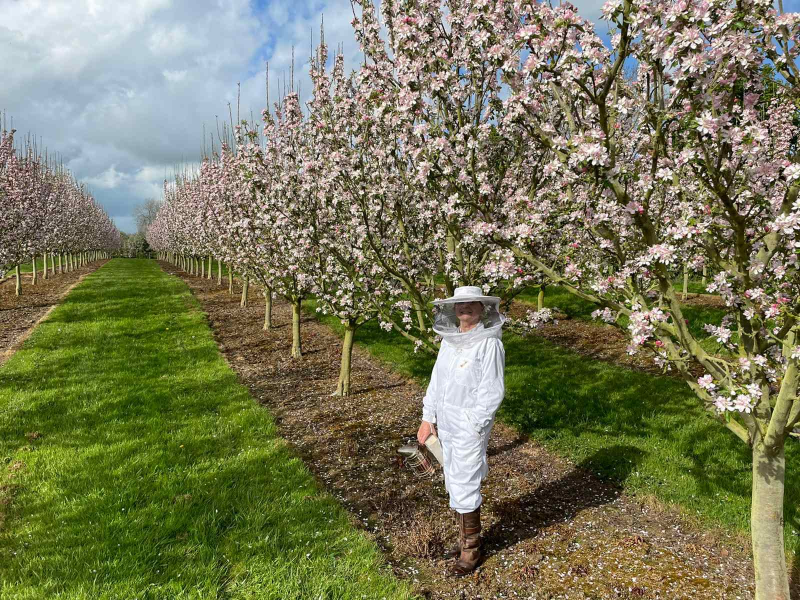
WWOOFing isn’t just about farming—it’s about contributing to and connecting with a way of life. Here’s what you might find yourself doing as a WWOOFer:
- Organic Farming : Tasks could include planting, weeding, harvesting, or learning unique techniques such as beekeeping or raising livestock.
- Eco-Conservation : Some hosts involve volunteers in sustainable farm practices, like composting, water conservation, and permaculture design.
- Cultural Immersion : Expect to share meals, stories, and traditions with your host family, gaining priceless insights into their way of life.
- Community Assistance : Some farms offer opportunities to help with local projects, participate in workshops, or teach skills to others.
Each farm is unique, so the responsibilities and experiences will vary depending on your host’s needs and focus.
Why It's Ideal for Solo Female Travelers
WWOOFing is especially appealing for solo female travelers for several reasons:
- Safe Environments : The WWOOF travel network vets its hosts, ensuring a safe and welcoming experience. Reading testimonials and reviews from past volunteers adds another layer of reassurance.
- Meaningful Connections : Traveling solo can sometimes feel isolating, but WWOOFing provides built-in social opportunities. Many hosts welcome WWOOFers into their families, making you feel right at home.
- Skill Development : Solo female travelers looking to grow their self-sufficiency and skill sets will find WWOOFing offers plenty of opportunities, from learning how to raise crops to honing language skills.
- Cultural Exchange : Living with locals gives solo travelers a chance to gain deeper insight into a country’s traditions and daily life—something not often experienced in tourist-centric travel.
Most importantly, WWOOFing introduces female adventurers to a new layer of independence by connecting them with like-minded individuals in a safe and supportive environment.
How to Plan WWOOFing Travel?
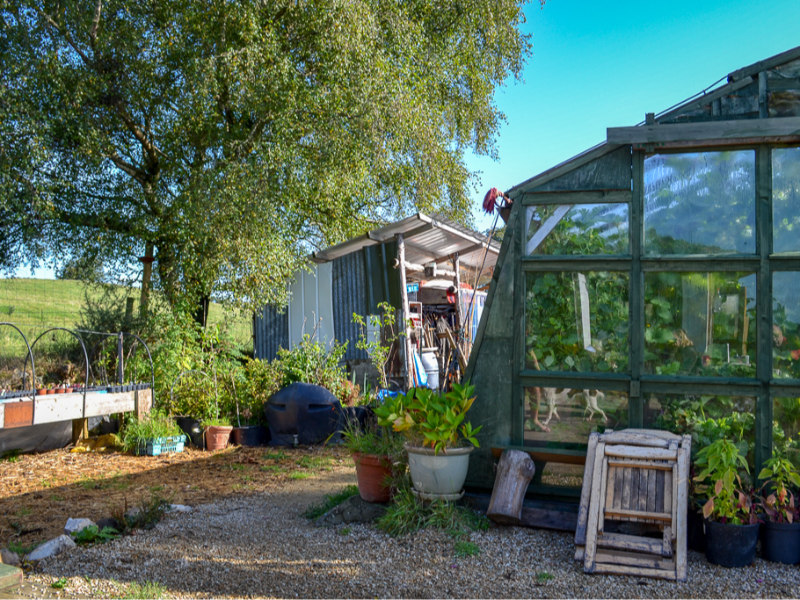
Planning a successful WWOOFing trip takes a little preparation. Here are the essential steps to get started:
1. Choose Your Destination
Decide on the country or region that intrigues you the most. Are you dreaming of WWOOF UK to experience life on quaint English farms or exploring vineyards and orchards in Italy? Each destination offers unique environments and communities.
2. Register with a WWOOF Network
Visit the official WWOOF website or the specific site for the country you’re visiting, and sign up as a member. Membership fees give you access to a database of farms, along with contact details and descriptions of host farms.
3. Research Hosts
Use the WWOOF database to browse farms. Look for ones with clear descriptions, recent reviews, and information that aligns with your skills and expectations.
4. Create a Thoughtful Application
When reaching out to potential hosts, write a thoughtful and personalized message. Share your background, why you’re interested in working with them, and how you can contribute to their farm.
5. Pack Smartly
Pack based on your destination’s climate and the work you’ll be doing. Prioritize durable, comfortable clothing, sturdy shoes, and any personal necessities (such as work gloves).
6. Stay Flexible
Some hosts may take time to respond, and plans may change. Be patient and open-minded—flexibility is key to a rewarding WWOOFing experience!
Best Places for WWOOFing
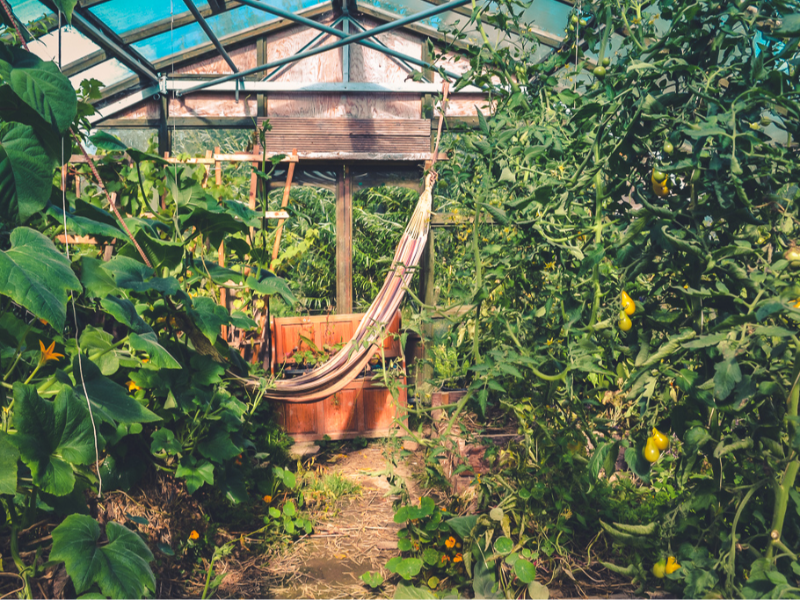
While there are thousands of WWOOF hosts worldwide, here are some of the best places known for exceptional WWOOFing experiences:
1. WWOOF UK
Home to charming countryside farms and innovative sustainability projects, the UK is ideal for exploring organic agriculture while enjoying scenic landscapes.
2. New Zealand
Known for its breathtaking natural beauty, New Zealand hosts WWOOFers interested in vineyards, orchards, and eco-conscious farming practices.
3. Italy
Farms across Italy offer experiences tied to traditional olive oil production, winemaking, and artisanal food cultivation—a food lover’s paradise.
4. Japan
Immerse yourself in Japanese culture and help with unique tasks like rice planting, learning Zen gardening, or assisting in eco-villages.
5. Australia
Whether it’s working on cattle stations or organic fruit farms, Australia offers diverse opportunities for WWOOFers in the great outdoors.
6. Israel
For those intrigued by agriculture in arid climates, farms in Israel’s Galilee or Negev regions offer rich cultural exchanges alongside hands-on farm experience.
Conclusion
WWOOFing isn’t just a way to travel—it’s a lifestyle choice that blends adventure, learning, and community. For
solo travelers
, especially those who value sustainability and cultural authenticity, WWOOFing opens doors to experiences you’ll cherish forever.
By stepping off the tourist trail and immersing yourself in local traditions, you’ll leave with more than just memories—you’ll also gain new skills, friendships, and a perspective that reshapes how you see the world.
If you’re ready to start your WWOOF travel, visit your chosen country’s WWOOF network to find your perfect host. And don’t forget—a little patience, an open heart, and a dose of curiosity are all you need to make the most of this extraordinary travel experience.




